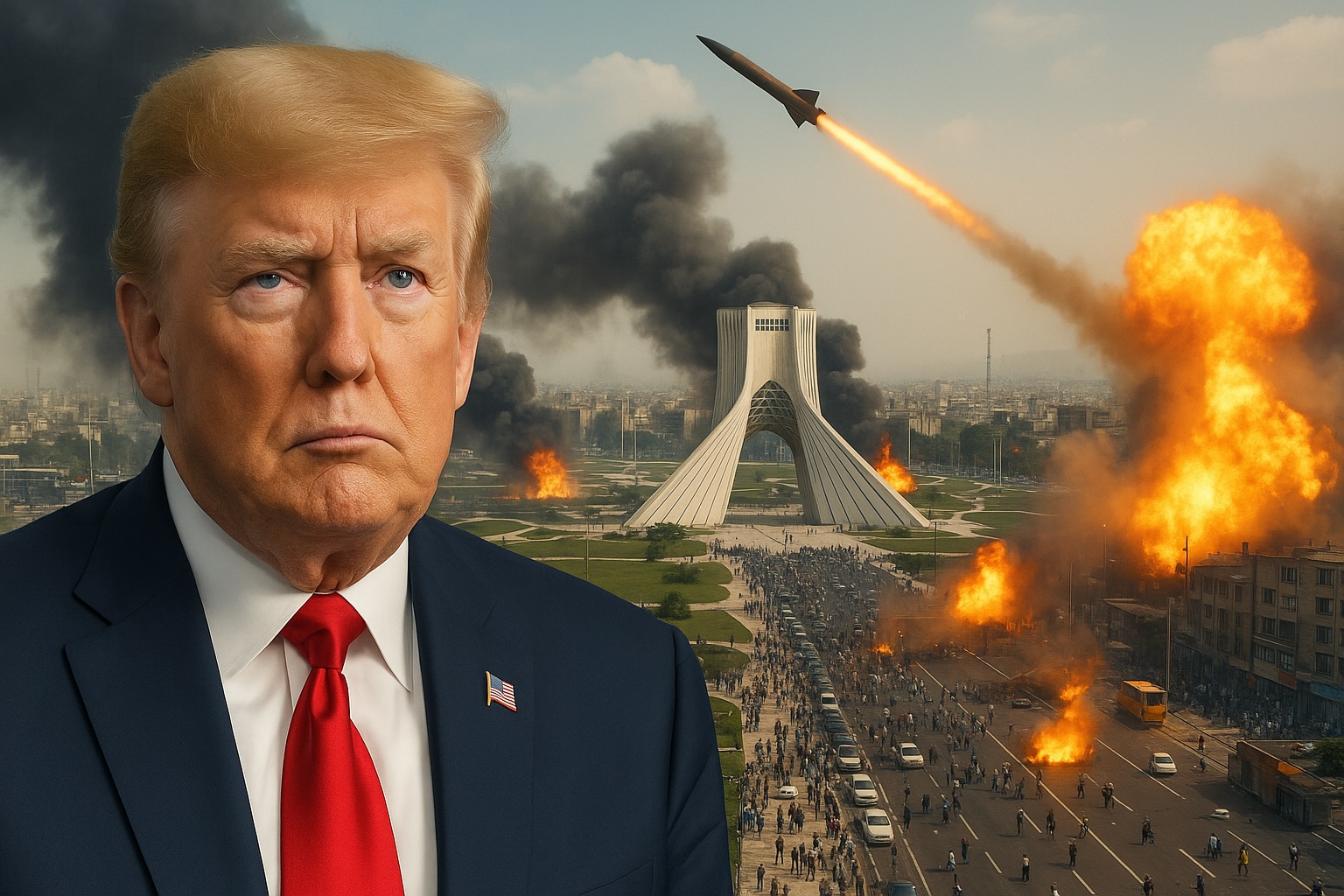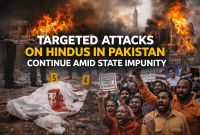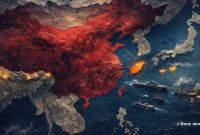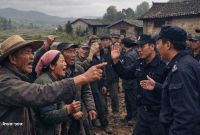“Safe for Now”: Trump Spares Iran’s Supreme Leader—But for How Long?

Amid escalating tensions between Israel and Iran, a grim atmosphere blankets Tehran, as residents scramble for safety amidst uncertainty, and global powers watch anxiously. The conflict, now entering its sixth consecutive day, sees both nations trading blows with increasing intensity and desperation.
On June 16, 2025, Tehran woke to urgent evacuation calls—first by Israeli Prime Minister Benjamin Netanyahu, then echoed dramatically by U.S. President Donald Trump on social media, stating unequivocally: "Everyone should immediately evacuate Tehran!" This stark warning sent shockwaves across a city of over ten million residents, leaving many questioning the feasibility of such an exodus.
Chaos enveloped Tehran as roads quickly clogged with cars desperately fleeing westward toward the Karaj-Chalus route. Journeys that typically lasted a couple of hours turned into harrowing half-day ordeals. A resident named Arash, now safely in Armenia, recounted, "It was five hours of slow-moving, panic-driven traffic. Many were leaving everything behind." Yet, others had no such choice. "My grandparents are elderly and ill," said another local named Narges, "we can't risk the journey. We have to stay and pray."
In a chilling revelation, Trump announced, "We know exactly where the so-called 'Supreme Leader' Ayatollah Ali Khamenei is hiding. He's an easy target but safe—for now." The president's subsequent post, bluntly reading "UNCONDITIONAL SURRENDER!", amplified global concern over imminent escalation.
The situation deteriorated further with reports of a significant slowdown in Iranian internet services. International monitoring agency Netblocks confirmed drastic reductions in connectivity, affecting Tehran, Gilan, Mazandaran, Isfahan, and Khuzestan provinces. Social media platforms, essential lifelines for residents amidst reduced state media updates, have been increasingly inaccessible, despite citizens' efforts to use VPNs.
"The shadow of war and bombing is terrifying," said a 40-year-old Iranian mother, reflecting a complex local sentiment of dread toward both the Israeli bombardments and internal regime frustrations. "Ironically, I find myself hoping the bombing ends the regime’s oppressive rule."
In a strategic move, Trump cut short his attendance at the G7 summit in Canada, emphasizing that he sought "better than a ceasefire—a real end," suggesting Iran’s complete abandonment of nuclear ambitions. Though America officially maintains non-involvement in the military exchanges, Trump's rhetoric—"We now have complete and total control of the skies over Iran"—contradicts the neutral stance publicly professed earlier by U.S. authorities.
Within Israel, missile strikes from Iran have instilled similar panic. Emergency services reported at least 154 injuries since the hostilities began, with infrastructural damage in cities like Herzliya and Tamra. "Families are terrified," recounted a witness from Tamra, highlighting inadequate bomb shelters in Arab-majority towns, intensifying feelings of vulnerability.
The international community remains cautious. European Union diplomat Kaja Kallas called for diplomatic solutions, warning against broader regional destabilization. Simultaneously, humanitarian crises intensify, notably in Gaza, where Hamas-run health authorities reported at least 45 casualties from Israeli troop fire near aid distribution points.
Despite public proclamations and threats, Trump has notably restrained from authorizing direct U.S. military intervention. "I want Iranians to be safe," Trump stated ambiguously aboard Air Force One. Yet speculation continues over the potential use of America’s formidable GBU-57 Massive Ordnance Penetrators to neutralize Iran’s heavily fortified nuclear site at Fordow.
As dusk settles again over Tehran and Jerusalem, the world watches with bated breath, uncertain whether diplomacy or devastation will prevail. For millions in both nations, life remains precariously suspended, caught between the stark threats of global powers and the haunting toll of war.
Israel Donald Trump



![From Kathmandu to the World: How Excel Students Are Winning Big [Admission Open]](https://www.nepalaaja.com/img/70194/medium/excel-college-info-eng-nep-2342.jpg)
